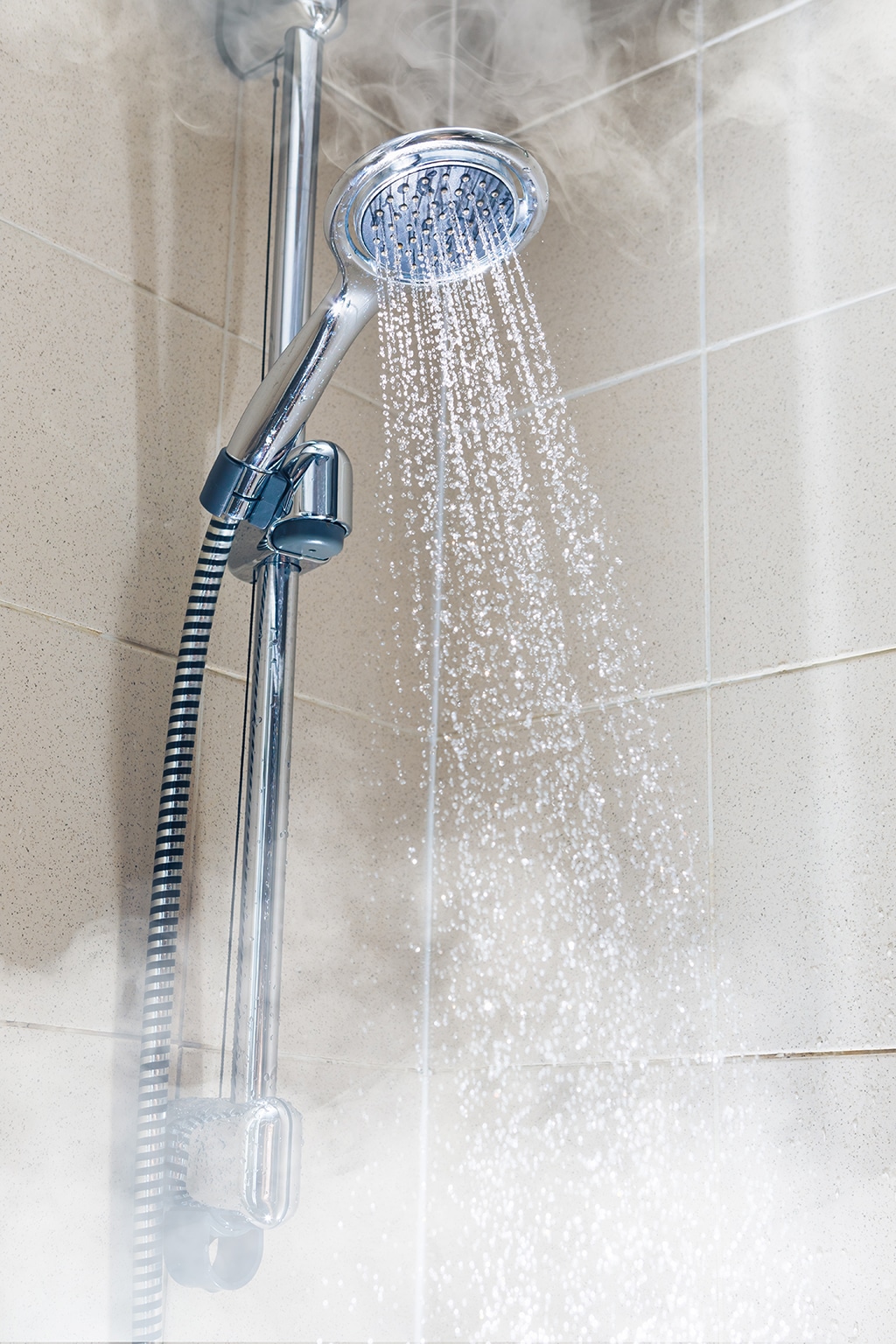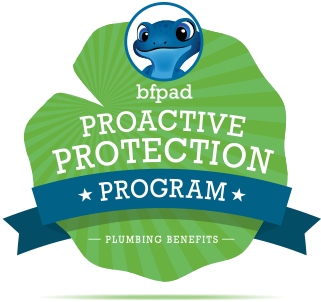
What You Need To Know About Rheem Tankless Water Heaters | Irving, TX
It can be very frustrating if your existing storage water heater is constantly running out of hot water. This can slow you down on a daily basis, while you wait for the water to reach the desired temperature once you’ve run out. It can put a stop to many common daily activities, such as giving the baby a bath, doing the dishes, and washing clothes. Rheem tankless water heaters are chosen by many homeowners in Irving, TX and here’s why!
Continuous Hot Water
There are many reasons why you might not have a continuous hot water supply. Many homeowners have trouble getting enough hot water if their storage tank is undersized, old, or ill-maintained. Your water heater isn’t designed to last forever, so if you’re seeing worrying symptoms, then it might be time to upgrade to a newer model. With a new tankless water heater, you can eliminate most, if not all, of the niggling hot water issues you’ve been experiencing.
Rheem, in particular, is known for having some of the best natural gas water heaters on the market. Rheem tankless water heaters that use a natural gas supply are significantly faster than their electric counterparts. Plus, you don’t need to worry about loss of hot water if there’s a power cut! Their fast recovery rate (i.e. the time it takes for them to reheat the water supply) means you’ll have constant or near-constant hot water if you choose a tankless model.
Typically, Rheem heaters will use a powerful gas burner to generate your hot water supply. A tankless water heater’s output is determined by flow rate, which is the amount of hot water it can produce in a minute. Many Rheem tankless water heaters can heat up to 11 gallons per minute (GPM). A flow rate of 11 GPM is sufficient to heat three showers, wash dishes, and fill the washing machine, all at the same time.
However, one thing to note is that the temperature of the incoming water will affect the flow rate. If the temperature ever drops below zero in Irving, TX, then you’d see a slower temperature increase and longer recovery time.
Non-Condensing vs Condensing
The tankless heater that is right for you will depend on the size of your household, your water usage patterns, and the number of bathrooms you want to service. There are two main types of gas-powered Rheem tankless water heaters to watch out for: condensing and non-condensing.
Non-condensing tankless gas heaters have an efficiency rating of at least 80% while condensing models are closer to 93% efficiency. Both are more efficient than conventional, gas-powered storage water heaters, which average 58-62% efficiency. These efficiency ratings are calculated based on the UEF figures of each product. The UEF rating considers how much energy the water heater uses, as well as how much energy is required to power the heater. The higher the UEF rating, the more efficient the water heater.
Condensing units have the highest efficiency, but can be more expensive upfront because they contain more components than non-condensing Rheem tankless water heaters. A condensing unit will be fitted with two heat exchangers, while a non-condensing unit only requires one. Because they only have one heat exchanger, the venting for non-condensing units has to be capable of enduring higher exhaust temperatures. These units require concentric venting, which may have a high cost to install.
Within condensing units, the second heat exchanger removes heat from the exhaust and heats the water. This is how water can reach the desired temperature more quickly and efficiently. The process produces steam, which then becomes condensation when it cools down. Because the exhaust from this type of unit isn’t as hot, it can be vented using less expensive pipes, such as PVC or polypropylene.
Both heat exchangers in condensing and non-condensing Rheem tankless water heaters can last up to 20 years, making a Rheem heater a long-lasting investment.
Top 5 Benefits of Tankless Water Heaters
Space-saving design
Tankless water heaters are more space-efficient than traditional units. Homeowners can potentially make use of the reclaimed space in garages and closets. While some modern units can be taller than previous tankless water heater installations, they still take up far less space than bulky, traditional storage heaters.
Energy bill reduction
Although a tankless water heater is more expensive than a tank heater, it actually costs less in the long term. This home improvement is all about efficiency! Rheem tankless water heaters supply hot water on an as-needed basis and do not have to maintain a tank’s heat. Standby heat loss and the energy required to maintain a water tank’s temperature are two reasons why conventional water heaters will cost you more to run.
According to the Department of Energy, tankless water heaters can help you save anywhere from 8% to 34% on your energy bills.
Longevity
Although it is something that many homeowners hate to think about, conventional water heaters should be replaced every 10 years. This applies even if regular maintenance occurs. Tankless water heaters can last much longer without replacement; they have double the life expectancy!
Comfort and convenience
The best thing about Rheem tankless water heaters is that you can have as much hot or cold water as you like, whenever and wherever you need it. There are no limits on how much hot water you can have at any one time. Whereas, with a tank model, you are limited by the amount of hot water in the tank, and could be waiting a while for used hot water to be replaced. Since you don’t have a restricted water supply when you have a tankless water heater, you can use hot water for multiple purposes simultaneously, without worrying about running out.
Environmentally friendly
Tankless water heaters, especially top-of-the-line electric units, are among the most eco-friendly heaters on the market because there is no use for gas. Eco-conscious homeowners may benefit massively from the use of modern electric water heaters.
For more information about the use and advantages of Rheem tankless water heaters in Irving, TX speak to our friendly staff at bluefrog Plumbing + Drain of North Dallas.
See our previous blog post here!




















